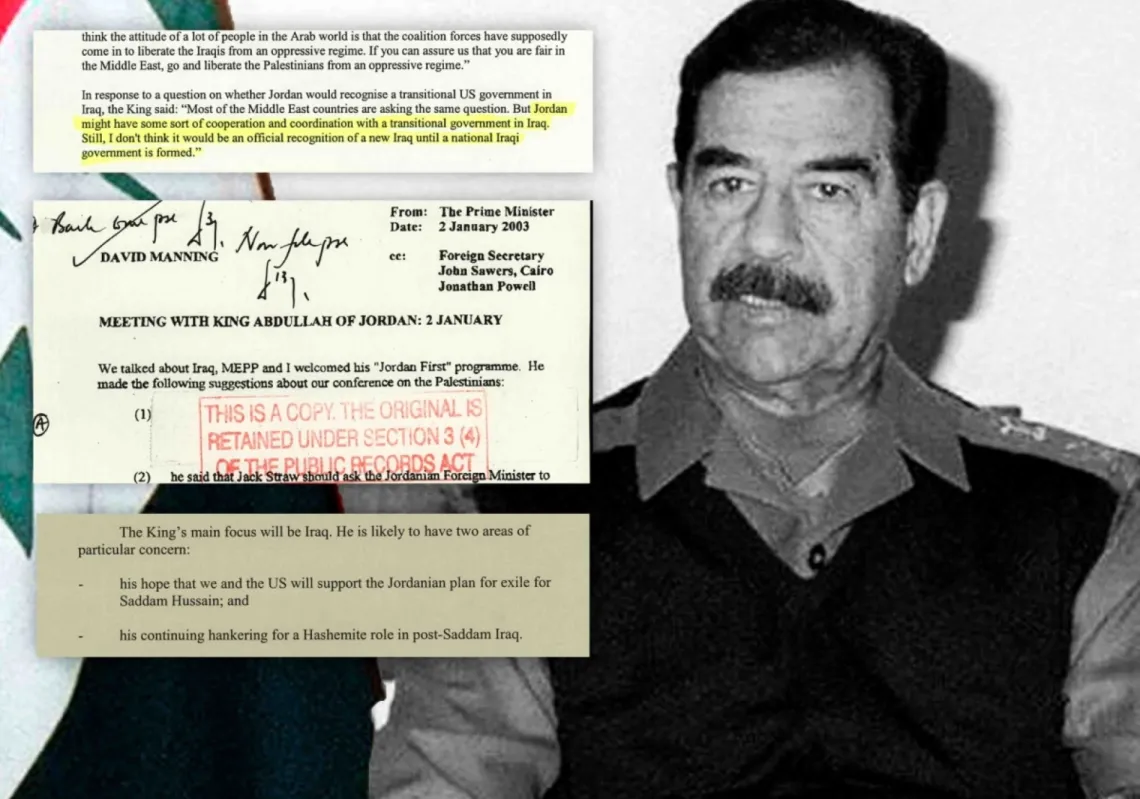By Jihan Al Sadat
Throughout the book, Sadat reviews her husband's efforts and her own efforts after him at making peace. She argues that there is a misconception shared by many people which goes like this: "Mutual hatred between Arabs and the Jews is something inevitable and it is fuelled either by tradition, real-life experience or religious dogma. Consequently, attempts at resolving the Arab-Israeli conflict, though well-intentioned, are doomed". She challenges this belief by arguing that both political leaders and ordinary people should turn their thoughts towards normalizing relations between the Arabs and Israelis and look at this normalization as an achievable goal.
The book provides what can be considered a naive account of what international politics can look like in the future. Indeed, as Sadat argues, many political leaders in the world take recourse to war or at least threats of war. These leaders will vanish when peace prevails. The world must reject the clash of civilization theory and stop seeing Muslims as enemies. Islam's diversity is a non-negotiable fact as there are 5 million Muslims living in the US and 15 millions in Europe.
Jihan Sadat is known to be a Muslim woman. She was the wife of late President Anwar Sadat, and the former First Lady of Egypt. In addition, she is a pioneer advocate of women's rights in her country, and is currently lecturing at the University of South Carolina, Columbia. As a result of such background, she explains in great detail the Western misconceptions about Muslims. Such misconceptions include describing Islam as a "single-minded religion"," a religion that encourages terrorism and is characterized by violence", or "one that opposes democracy". She also elaborates in great detail on the rights of women in Islam. She even goes as far as interpreting some of the issues that the West holds against Islam, such as divorce, polygamy and female beating in Islam.
Not surprisingly, the author does not forget her late husband. She dedicates a whole chapter to him, under the title: "The principles of Sadat". In that chapter she describes the principles to which Sadat devoted his entire life. Quite clearly, those principles are present both implicitly and explicitly throughout the book.








